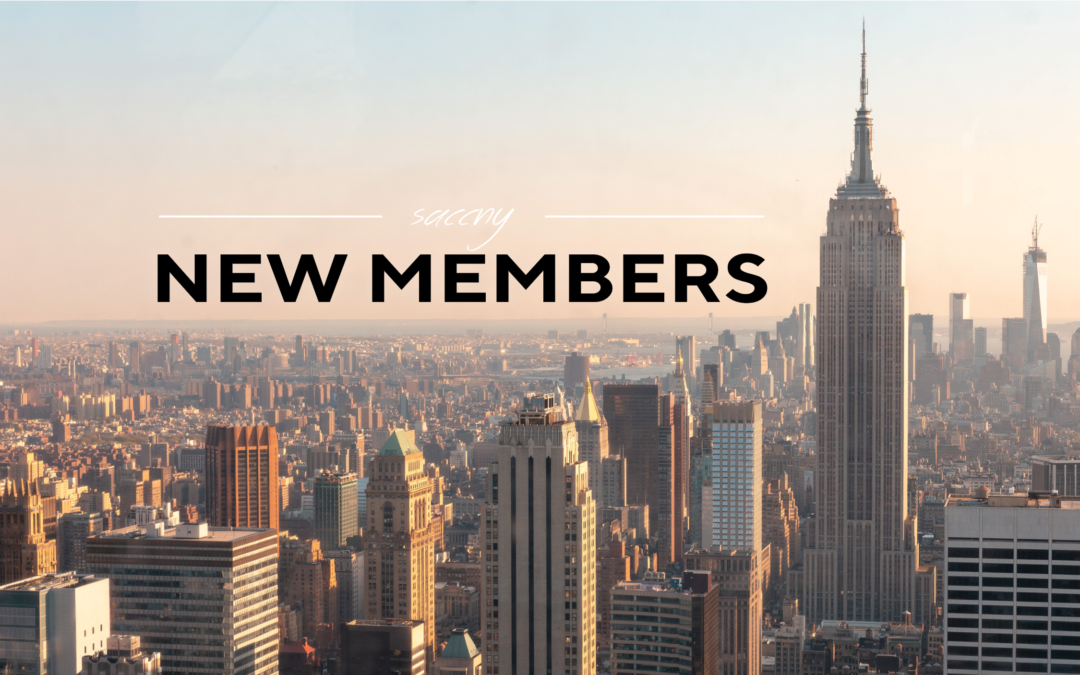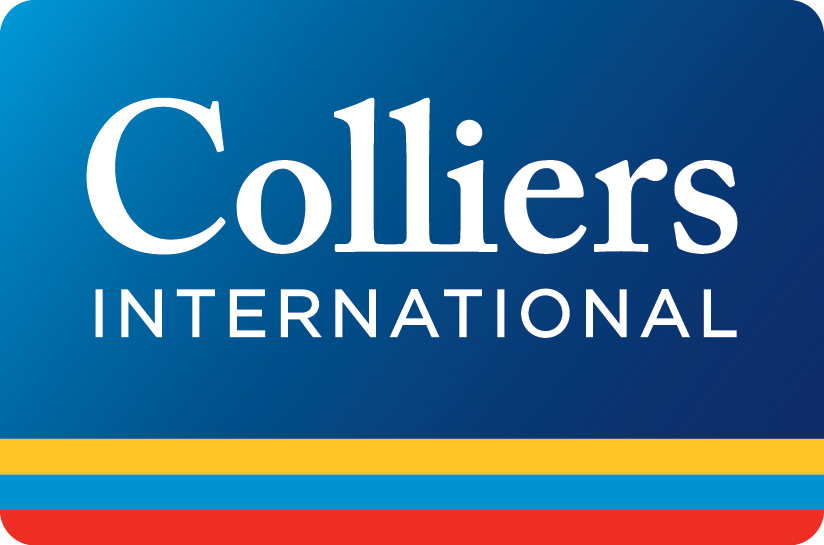The Swedish-American Chamber of Commerce, New York is proud to incorporate Colliers International to our network. Robert L. Freedman, Chairman Tri-State of Colliers International, has unique experiences with Swedish businesses and brought them to the forefront of their respective industry and challenging how industries evolve.
Mr. Freedman is a self-described real estate man. Historically, his principal concentration was office leasing in Manhattan. It has subsequently evolved to sectors like luxury goods retail, capital markets, joint ventures and asset restructuring. His vast experience in the industry allows Mr. Freedman to touch every capital event in the sequencing of the real estate development process. As his career has evolved, he focuses on special projects that require a high degree of sophistication and organizational depth. Currently, he has marshalled and mobilized the resources of Colliers in support of IKEA’s evolving urban strategy with specific reference to Manhattan and the other boroughs comprising New York City.
Colliers International offers a comprehensive portfolio of real estate services to occupiers, owners and investors on a local, regional, national, and international basis. In addition to these sectors, Colliers International provides clients with a deep level of knowledge in specialized industries and product types such as law, technical, facilities and healthcare.
Robert L. Freedman
Chairman Tri-State, Colliers International
Robertl.freedman@colliers.com
(212) 716-3507
www.colliers.com
Mr. Freedman, you have extensive knowledge and experience in the industry. What does it mean to be a “self-described real estate man”?
Most people in the real estate industry are transactional or they are consultative and they stay in their own box. As a self-described real estate man, I have broad experience in many sectors of the real estate market with fluency in office leasing, development, retail and capital markets (debt and equity) which enhances my ability to represent clients with the highest degree of sophistication and technical grounding. Many real estate markets are inter-related and have value implications for other real estate asset classes. You can only be proactively strategic if you have keen insights into multiple sectors of the real estate industry.
As a global platform, why has Colliers decided to partner with Swedish businesses?
We have a robust office in Sweden but most importantly, while there are some cultural differences between our countries, we do share a best and brightest ethos that relies on its intellectual capital for innovation and advancement. For example, Sweden has been a thought leader and champion of environmental causes which has been migrated to the US. Hopefully, we will become more receptive to those initiatives. Many of our human resource executives are striving for a work/life balance embedded in your value system and corporate culture. We represent the Environmental Defense Fund who embody the same sense of social responsibility that is a core value of the Swedish psyche.
What are some of the key reasons Swedish companies should consider having a base in New York?
I have always noted that Scandinavian countries in general and Sweden in particular have been underrepresented in New York City. There is a relative paucity of Swedish restaurants and cultural resources in the city. Conversely, Sweden, a country of only 10 million people, has produced two global retail juggernauts – IKEA and H&M, both of whom have been well received in the US and have helped to transform the retail landscape. This contribution by Sweden is wholly disproportionate to their incidence in the population, at large, New York City has been receptive to Swedish offerings which should be a predictive model to migrate other Swedish goods and services to New York and elsewhere in the country.
Do you have any advice for Swedish start and scaleups who are looking to expand on the U.S. market?
There has probably been no better time than today for Swedish start-ups to investigate a beachhead in NYC or elsewhere in the US. Due to the secular change in today’s workplace, a footprint in New York requires neither a significant capital spend nor a long-term commitment. Incubators and accelerators abound elsewhere from coworking platforms that can incorporate venues such as the Swedish American Chamber itself which can accommodate short term needs with access to infrastructure. The value proposition is self-evident. Swedish corporates and entrepreneurs alike looking to expand geographically or to establish new business lines can beta test this concept and mitigate their risk through the medium of these new workplace strategies. There is no better way to vet a new business concept prior to the capital-intensive launch and roll-out.
You have a wide range of clients including not-for-profit and big corporations. What has your strategy been in approaching each organization’s needs?
As a global commercial real estate service provider, we fully appreciate that real estate, as an asset class, does not exist in a silo. We are not so much formulating real estate strategies for our clients but integrating the real estate function into the business planning model. Corporate America is programming more flexibility in their real estate model and are less reliant on core assets as they were in the old economy era. Real estate is both on asset class and a platform for the operating business. Historically, corporate real estate focused on cost containment. Today, it is much more about enhancing productivity in the workplace, it is a corollary to the human resources strategy of attracting and retaining the best and brightest.
A classic misnomer in the not for profit sector is that their business model does not describe a high-performance culture. This sector is operating today in a fiercely competitive marketplace. Charities are accountable to one overriding metric – what percentage of each dollar raised inures to programmatic needs versus administrative functions. In many instances, the real estate holdings of a charity may be disproportionate to other balance sheet assets. The proactive management of the real estate assets can emerge as a critical success factor for that institution’s long-term viability.
INTERESTED IN MORE ARTICLES?
The Swedish-American Chamber of Commerce (SACCNY) produces and publishes well-read articles which reach the Chamber’s entire membership and extended. Content is focused on Swedish-American business and ranges from in-depth interviews with industry leaders to topical articles relevant to startups and young entrepreneurs.
LEARN MORE ABOUT SACCNY
The Swedish-American Chamber of Commerce in New York (SACCNY) is a non-governmental organization with a mission is to promote, advance and protect commercial and professional relations between Sweden and the United States. Read more about our services and members.



